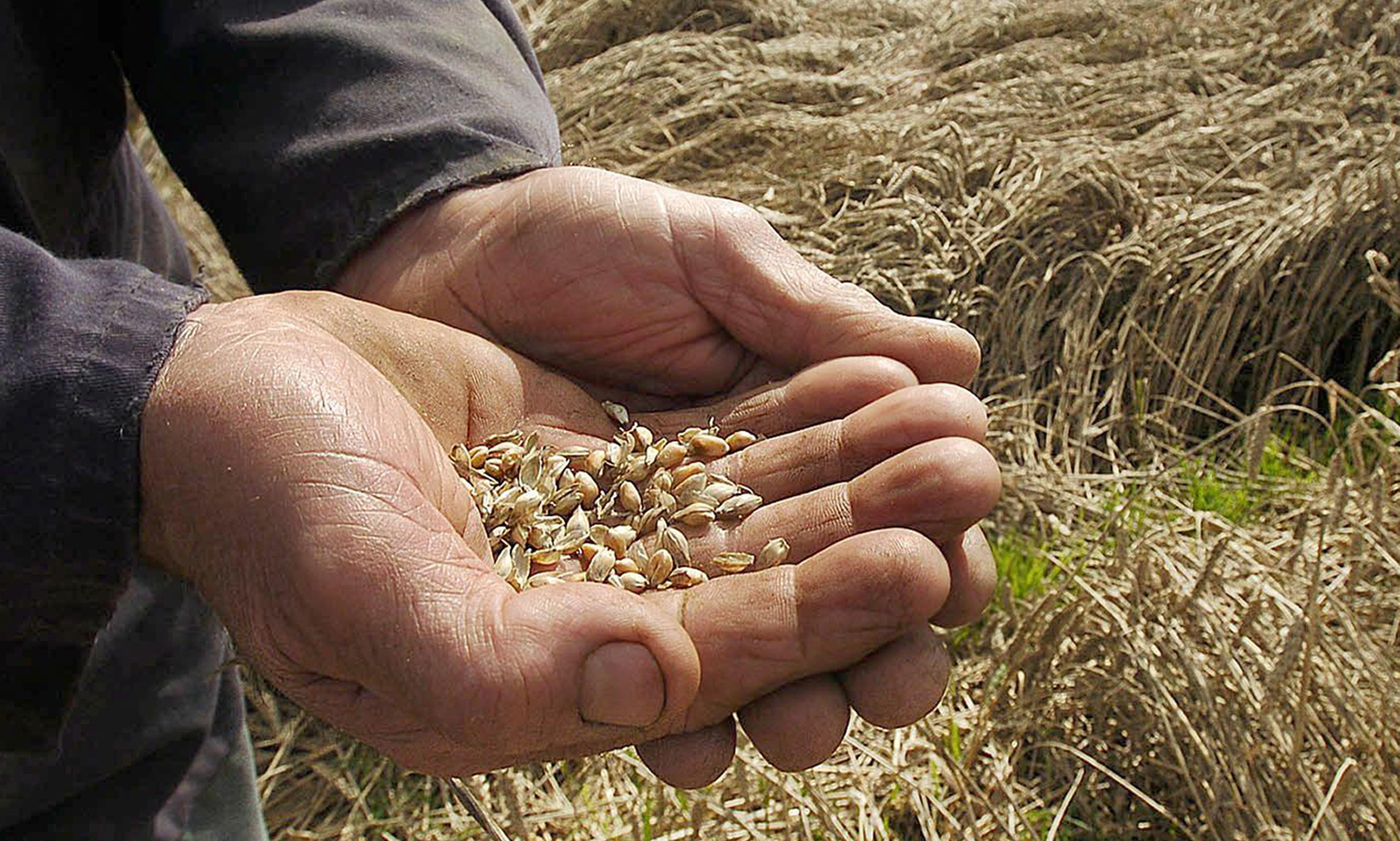Scotland’s growers would be better able to handle grain price volatility if they put more effort into understanding their businesses and the market, according to a leading consultant.
Sebastien Mallet of grain market consultancy ODA said a lack of training and knowledge amongst UK farmers meant that few knew what decisions they should make for their businesses for the best.
Speaking at the Cereals event in Cambridgeshire, Mr Mallet said prolonged market volatility meant that it was difficult for growers to take a long-term view.
However they would be in a better position to ride out the peaks and troughs if they fully understood how markets operated.
“At least 90% of farmers’ time is spent on agronomy, and very little is spent on price,” he told delegates during a technical seminar on being profitable in a bear market.
“But if you look at volatility in yields, which impacts on 20% of the price, compared with price volatility, which is 60%, it’s a no-brainer. You should spend more time understanding your business and your market.”
Mr Mallet said one of the simplest places to start was by benchmarking prices, yet few farmers did it properly.
“Most UK growers do not understand marketing, and their benchmarking comes from buyers who have the opposite interests to sellers,” he told delegates.
“They call their buyer and take their best prices, but relying on buyer information to give you the best prices is wrong.”
Instead Mr Mallet said growers needed to compare ex-farm prices with futures prices to give them a good benchmark, then speak to several buyers to make sure they are getting the best price.
“You can get a £5/t difference from one farmer to another with the same buyer,” he added. “Buyers will adapt to the knowledge and professionalism of the farmer, so it is worth having that independent knowledge of the market.”
Northumberland beef and arable farmer Conor Colgan said that he had handled market volatility in his business by working to limit risk and create management systems which dilute costs.
Mr Colgan, who runs his 800 acre unit on ‘lean principles’, said he had critically analysed every process on his farm, which had enabled him to identify where costs could be saved.
“It’s about identifying value and eliminating waste,” he said. “For example, I learned that chopping straw and mixing it was better than selling it because the value it added to my soil in terms of organic matter outweighed the labour costs of dong it.
“High or low grain prices shouldn’t have to change our farming practices, provided we are doing what’s best for our farm in the first place,” he added.










